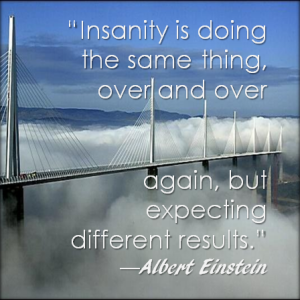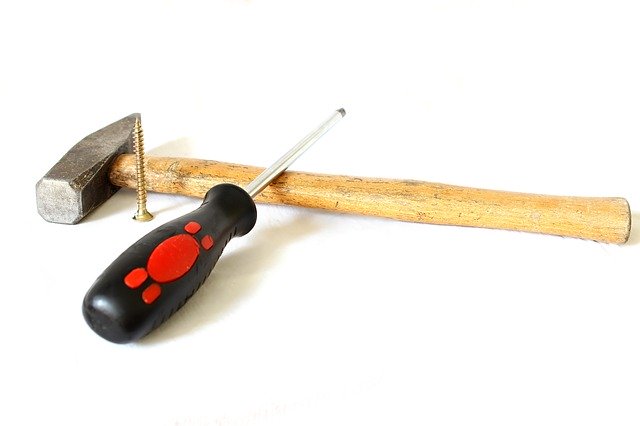Accunect is a 3 min simple self-care practice that can transform your life!
During stressful times it is easy to loose our way with good habits and forget about the importance of taking good care of ourselves.

Last August I attended an Accunect Self- Care day in Frome. I have found that doing the Accunect SelfCare routine, every morning since, has really helped me stay calm and more balanced during these very intense times. I am very grateful to have these tools available to me.
If you haven't experienced Accunect SelfCare during a session with me, it's a powerful energy balancing
routine that you can do in 3 minutes or less - do it before bed to help
you sleep or when you wake up to start the day balanced.
It includes techniques to balance both the brain and the acupuncture
meridians so that you have a whole body/mind reboot to get back to
health and functioning well.
I am really impressed with the effects which is why I am happy to share details of the upcoming online workshop so you can learn and get the benefits too.
Want to experience what it's like first?
I am offering 30 min relaxation sessions that includes Accunect in exchange for a donation to my chosen charity. Get in touch to book your taster
Healing for you and your family
Accunect SelfCare can be done on yourself and your family. It supports overall health, wellness, balance and vitality. If you want help addressing a specific health issue OR want to cultivate general health and well being this routine is a great asset.
Anyone can benefit from the very young to the very old. You don't require any previous experience.
A powerful self-healing technique:
- Balance core energy systems in 3 minutes and energise your day
- Improve health and maintain wellness for the whole family
This fun, easy, heart-centered course will change how you look at yourself and how you look at health and healing forever.
WHAT ARE THE BENEFITS?
- Clear stress and life overwhelm, quickly
- Increase energy levels and vibrancy
- Improve sleep
- Deeper sense of well-being, balance and calm
- Gain clarity
- Harmonize, synchronize & boost all body systems
- Increase natural immune function
- Improve digestion
- Help balance emotions
- Boost all body functions
- Improve nervous system and brain function
- Speed up physical, mental & emotional healing
- Speed up the processing of life’s difficult events
WHAT ARE YOU GOING TO GET ON THE COURSE?
- Learn the Accunect 8 Principles™ – and how healing happens
- Attunement to the high vibrational healing frequency of Accunect
- Balance your brain and nervous system - brings your body out of stress mode and into healing mode, relax your nervous system and gain clarity, focus, and thinking ability
- Balance your organs, meridians and emotions - giving your system a thorough balance and 'spring clean' every day
- In depth knowledge of the meridian system and organs from a holistic, physical, mental and emotional perspective
- Connection of the whole body mind system - between our physical, mental, spiritual and emotional aspects - gain an understanding of how they affect each other
- How to balance your brain and heart connection
- A quick energy balancing technique for any emergency situation
- Gain understanding and insight into The Accunect Healing System, what a clinical Accunect session looks like, and how you can learn or experience more.
- Full colour reference manual is included
- The balances can be done on yourself, your family, your friends, your pets! Accunect® is Energy Medicine that addresses chronic and acute health problems by re-calibrating the body’s systems that get disrupted due to stress.
It’s powerful—simple—amazing—fun!
WHEN, WHERE, WHO
Date and Time: Saturday 15th August and 17th Oct 2020 10 am- 3.30 pm
Venue: One a computer near you!
Investment: Early bird Price £125 until 26th Sept / £150 full price. You'll get everything you need to participate online, . A full colour reference manual will be posted to you after the course.
Teacher: Sarah Chave For more details www.replenishzing.com or contact sarah@replenishzing.com
Here's what some recent students have said about studying Accunect SelfCare:
- "Thank you so much for a wonderful day. I arrived feeling out of balance and will be leaving feeling back in balance, serene and back in my body. Sarah is an incredible teacher who clearly knows a lot. I would highly recommend this course"JM Director,
- "A wonderful day spent learning. The routine is accessible and brilliant. I am very much looking forward to using it daily on myself and on my family and in my therapy practice. Sarah taught it beautifully, keeping each of us engaged and inspired. Feels really good to have given myself a day of deep healing" NC Therapist
- "I highly recommend SelfCare to anyone who wishes to gain a vital and priceless tool to aid healing on physical, emotional, mental and spiritual levels for yourself, your loved ones and pets." A.L ,Wiltshire
- " I began to feel more relaxed and pain I've had for years eased. I am feeling a lot more confident and happier with myself" Dee Shaw, Wiltshire"
- I felt a deep sense of relaxation and connection having experienced the sharing practice. This simple self healing technique is much needed in our high stress, fast paced world. Brilliant, thank you Sarah! ."Angela Gray, Wellbeing Advisor, Dorset
If you want to be kept informed of the next workshop, sign up for UP-dates. Include Accunect as a topic you want to know about.
Of course if you have any questions please get in touch and I will be more than happy to help.





